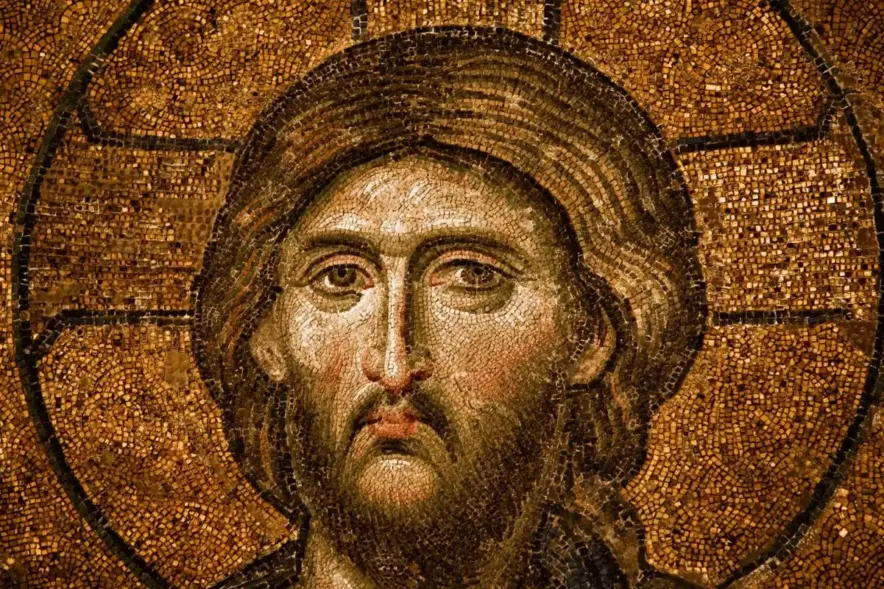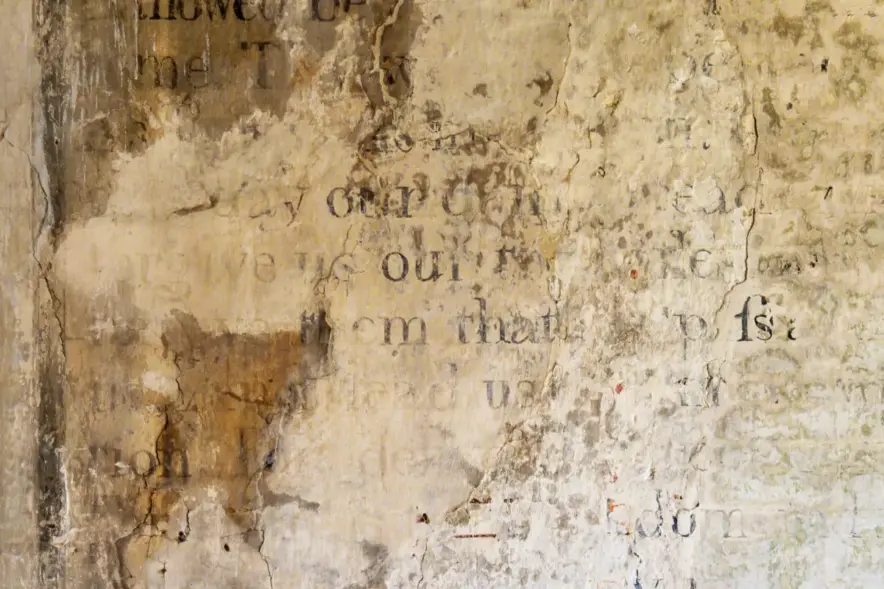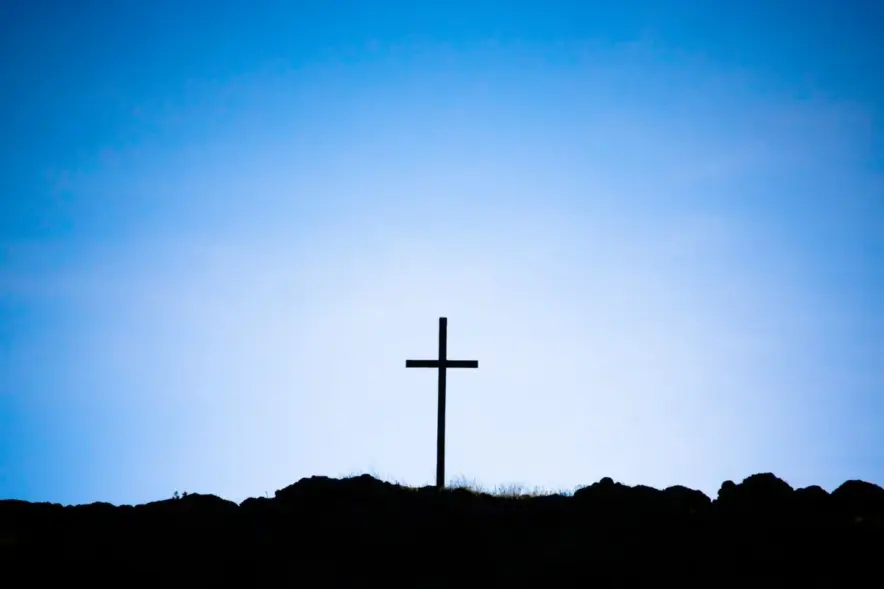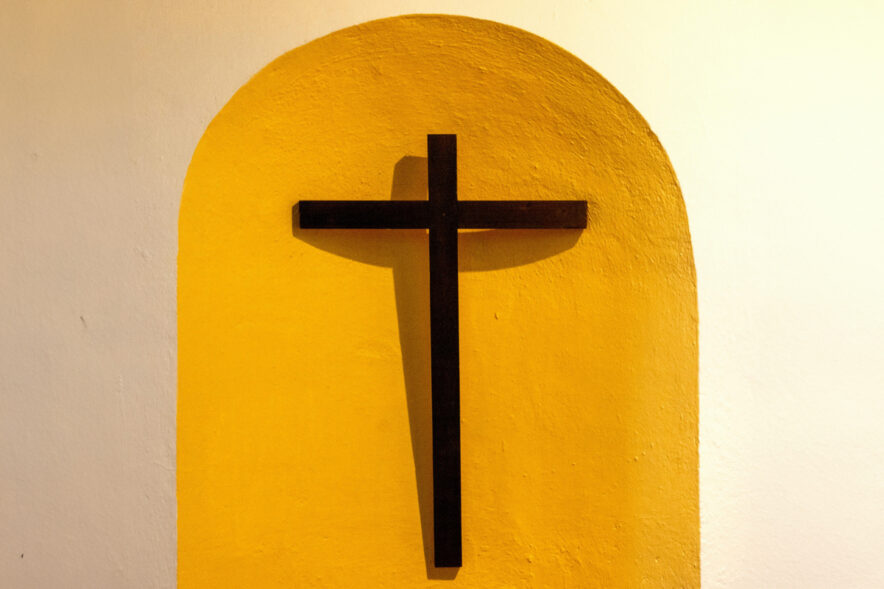Deathbed conversions. What do we make of them? Perhaps not unreasonably, we maybe feel a bit of tension around...
Tag: jesus
Showed 1 to 9 posts out of 50 total under "Tag: jesus" category.
One of my favourite themes in the Bible is that of the two kingdoms. There’s so much happening across...
Historical Christianity: The Creeds – Part 2 There is no real argument from scholars that the man known as...
Historical Christianity: The Creeds – Part 1 The Creeds: Defining Christianity It is not, I think, an entirely unreasonable...
The cross of Christ is not just the centre of Christian faith; it is the place where heaven’s deepest...
At the beginning of this year, I had the incredible privilege of baptising my brother, Brett, into the Christian...
We can sometimes feel demoralised by the state of the world, and rightly so. We are exposed to far...
“We are wounded in community and we are healed in community. No way around it. Healing might not come...
The Spark That Lit The Flame One of the contentious sparks that finally lit the flame we now know...











